A Baha’i-inspired international school in Macau marks its 30th anniversary this academic year.
School of the Nations has become an educational institution highly regarded for its academic rigor and its integrated approach to the moral and intellectual development of its students.
“The school’s founders saw the need for an educational approach that develops students’ intellectual powers together with the moral and spiritual foundations that will guide them throughout life,” says Victor Ali, Executive Director of the Badi Foundation, the school’s parent organization.
“The school had very humble beginnings. It started in an apartment. And there were more teachers than students,” adds Vivek Nair, the school’s director.
School of the Nations opened in 1988 with five students and seven teachers. It grew rapidly, attracting nearly 100 students in its second year and nearly 200 in its third year. Eventually, the Macau government donated land where a 7-story facility was opened in 2008. That new building includes a library that is also accessible to the public throughout the week.
Today, School of the Nations has 600 students from kindergarten through high school and 100 teachers.
“We see ourselves as exploring what it means to be a Baha’i-inspired school,” adds Mr. Nair. Drawing inspiration on principles such as the harmony of science and religion, the oneness of humankind, and the independent investigation of truth, the school takes innovative approaches in refining and offering its curriculum in a manner that builds on sound educational approaches:
They [the Baha’is] must promote by every means in their power the material as well as the spiritual enlightenment of youth, the means for the education of children, institute, whenever possible, Baha’i educational institutions, organize and supervise their work and provide the best means for their progress and development. – Shoghi Effendi, Baha’i Administration, p. 38.
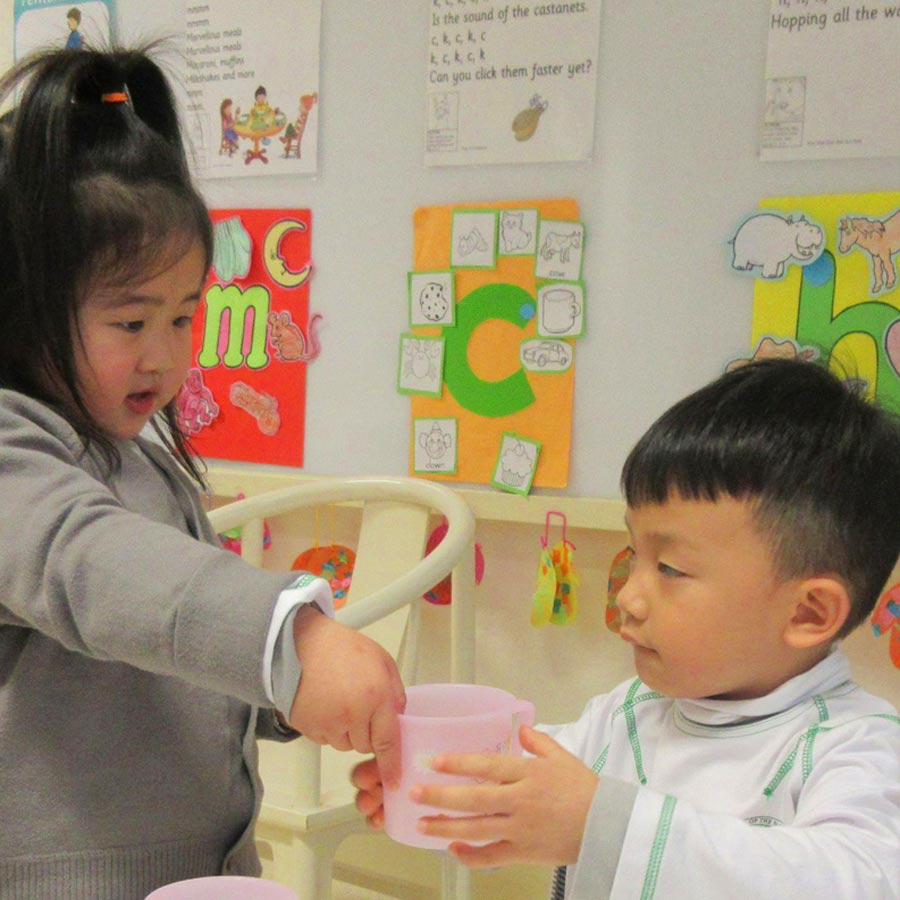
Service is integrated into the School of the Nations’ curriculum. Here, a kindergarten student offers water to her classmate as part of a lesson.
While garnering international recognition for its high academic standards, the school places a particular emphasis on students contributing to the well-being and progress of their society. Service projects are part of the curriculum, and students see the improvement of the material and social conditions in their communities as an essential aspect of their development.
The school also serves Macau in other ways. For instance, educators throughout Macau use teacher-training materials developed by School of the Nations. A local university sends students for a year-long internship program at the school, where they learn about the school’s educational methods.
School of the Nations is one of more than 800 Baha’i-inspired educational institutions around the world. Rather than providing programs for religious instruction or indoctrination, these endeavors have as their primary objective the development of capacity in generation after generation to contribute meaningfully to the betterment of society. They are among the many social and economic development efforts of varying degrees of complexity that Baha’is are carrying out, which operate on the principle that populations should be the protagonists of their own material, spiritual, and intellectual advancement, not just recipients or mere participants.
The school is a high performer in the International Baccalaureate Diploma Programme and was the first in Macau to offer the International General Certificate of Secondary Education, the two most widely recognized international qualifications accepted by the majority of universities in the world. Graduating students often attend highly regarded universities in East Asia, Europe, and North America. The school also has a strong special education program for students with special needs.
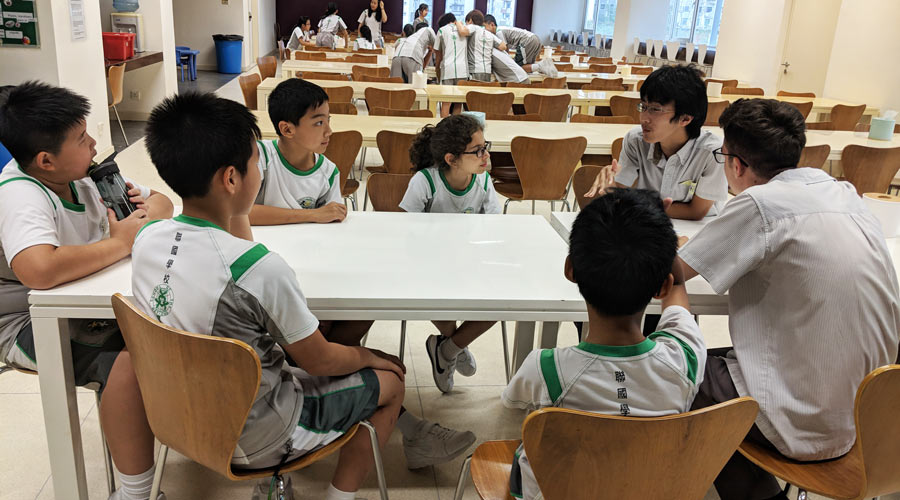
Two high school students support a group of middle school students as part of the school’s moral empowerment program.
The moral education component began in the form of classes supplementary to the core curriculum of English, Mandarin Chinese, history, math, science, and other subjects. But increasingly, the school has been learning about the integration of this dimension into every subject.
“One area of learning for us is how to integrate moral education into all subjects,” Mr. Nair says.
For students in grades six to eight, for example, the school uses a moral empowerment program, offered by the Badi Foundation. The program engages young people in the study of educational texts to learn to identify local needs and engage in service projects and activities to improve the social and material reality of their communities. The program also helps young people to understand the application of moral principles, such as kindness toward others, service to one’s community, honesty and generosity, and unity and harmony among one’s family, friends, and neighbors. The emphasis on moral principles aims to inspire youth to be dedicated to the progress of their society.
The school has a mid-year project where groups of students work together to try to understand a current social problem. “This year’s project is about wealth inequality,” Mr. Nair explains. “So, they will study different countries and begin to understand some of the causes of the extremes of wealth and poverty and try to gain insights about how to begin to address these challenges,” he adds.
Their efforts to work in a learning mode—characterized by the process of action, reflection, consultation, and study—have been central to the school’s growth over three decades. This allows challenges to be examined, lessons to be learned, and modifications to be made. School administrators and teachers meet regularly to not only consult on operational matters, but also to deepen their understanding of the sort of education they are offering, Mr. Nair says.
Today, about 80 percent of the students and nearly half of the teachers are local to Macau, deeply rooting the school in the community. When teachers and students consult on service projects, for example, they have an intimate understanding of the community they have lived in their whole lives and deep connections with other people who can help.
For more information on Baha’i education endeavors, read For the Betterment of the World.


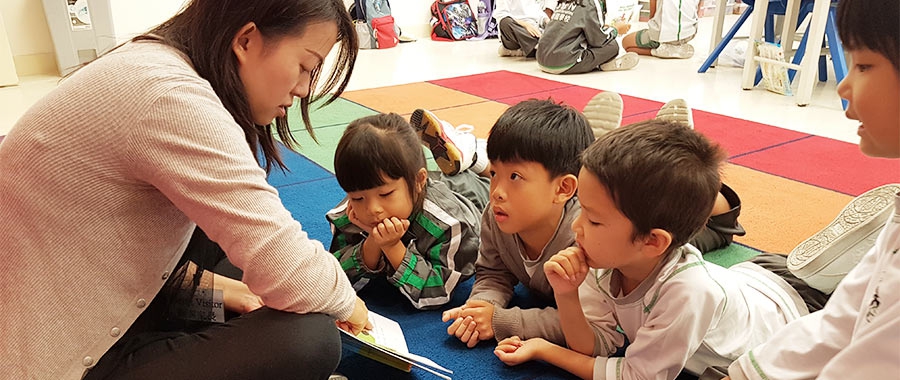
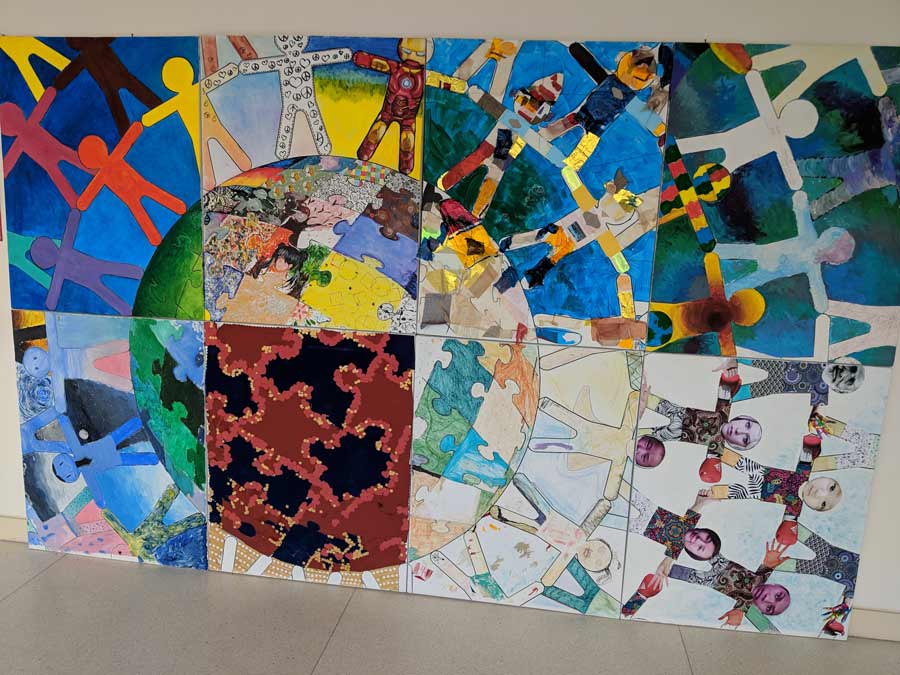

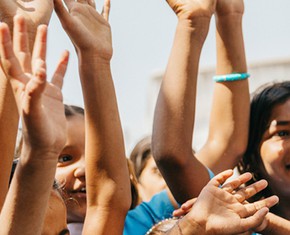











Comments
Sign in or create an account
Continue with Googleor